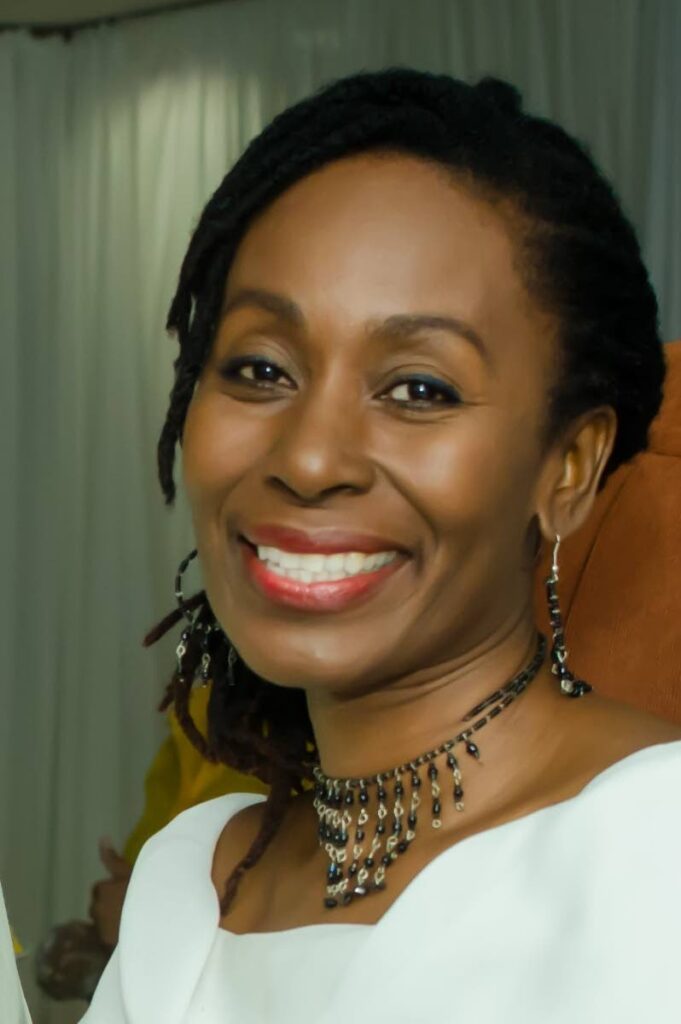Culture as revolutionary, nation-building space

DARA E HEALY
“Mr Wellington, ah jus want to say dat what you start to say dey ain make no sense, comrade. We want you to break it up! We don want you to wrap up nutting in big word so dat we caan understand. Is information we want, an we want it clear and simple!”
– Extract from Angel by Merle Collins
I KNEW Maurice Bishop, former prime minister of Grenada, as Uncle Maurice. He had informed my mother that I would be coming to Grenada for the August vacation to be part of the revolution. I was ready. To me, it was an exciting prospect to be part of the “Bright New Dawn,” as he called the movement in one of his speeches. I was ready and eager to contribute to the rebuilding of a nation.
This week we commemorated the start of the revolution, March 13, 1979. But the year that really stays with me is 1983, the year that the light of Uncle Maurice was taken from me, and from millions in the diaspora who dreamt of self-determination for Caribbean people.
In the 1980s, Bishop was one of a group of regional leaders, intellectuals, artists, writers and social activists who spoke of the importance of revolutionary consciousness. Essentially, this meant encouraging people to analyse rather than react to challenges, while working towards a new definition of what it meant to be Caribbean. Thus, as the people wrestled with new forms of colonialism and imperialism, it was important to identify solutions and clear pathways to liberation from such powerful global forces.
From a cultural perspective, the revolution in Grenada highlighted a way forward though education, improved literacy and reclaiming pride in ancient traditions. In delivering a powerful and wide-ranging address at Medgar Evers College in the US, Bishop boasted that his government had reduced illiteracy to two per cent of the population. In a speech that was interrupted several times with applause and standing ovations, he declared that for Grenada, “Education is liberation.”
A key pillar of the cultural resistance was language. Grenada has a similar history of conquest and occupation to TT, having been controlled by the French and the British at different stages. Additionally, the presence of Indigenous peoples and Africans through enslavement influenced the development of creole, Grenada’s nation language, or patois, as we say.
In her book Angel, author Merle Collins creates a revolutionary world seen through the eyes of a young woman. Throughout the novel, the language of the ordinary people of Grenada is presented as a critical vehicle for establishing plot and characterisation. Language and also carnival-traditions like djab djab are essential for setting the scene of a nation in the midst of transforming policies that kept the country in a largely rural state, and systems that oppressed the population. Collins cleverly intertwines local language with political and social consciousness.
At a public meeting, Sister Miona Spencer captivates the crowd with the fact that as an older woman she is able to participate in free education programmes. She even performs a poem to express her delight. “…hear, non!/Me at me age in school again!/Wey you ever hear dat/In dis country here! Me granchilren in secondary/ Dey not payin a cent! Ay! Wey you ever hear dat!”
Education was not simply about establishing greater social equity, but empowering the population to challenge elements of the status quo that were hostile to them. In many ways, education had been weaponised against ordinary citizens. Thus, in the opening quote, a member of the public challenges an official to speak in a way that everyone could understand, and he does so in Grenadian nation language.
In TT we have yet to understand the power of nation language, culture and heritage in empowering our people. I do see pockets of effort, but too many of our leaders speak with colonial accents, while our Trinidadian/Tobagonian way of speaking is referred to as “bad English.” And it has not yet occurred to us that we should reintroduce patois into our schools.
Grenada hurts because of what could have been. It is still painful to watch Uncle Maurice – so proud, clear and defiant. Culture as a revolutionary space is not an idea for the periphery. Grenada has taught us that culture must be at the centre of movements for change and nation-building. And as Grenada has taught us, when the centre cannot hold, everything falls apart.
Dara E Healy is a performance artist and founder of the Indigenous Creative Arts Network – ICAN

Comments
"Culture as revolutionary, nation-building space"